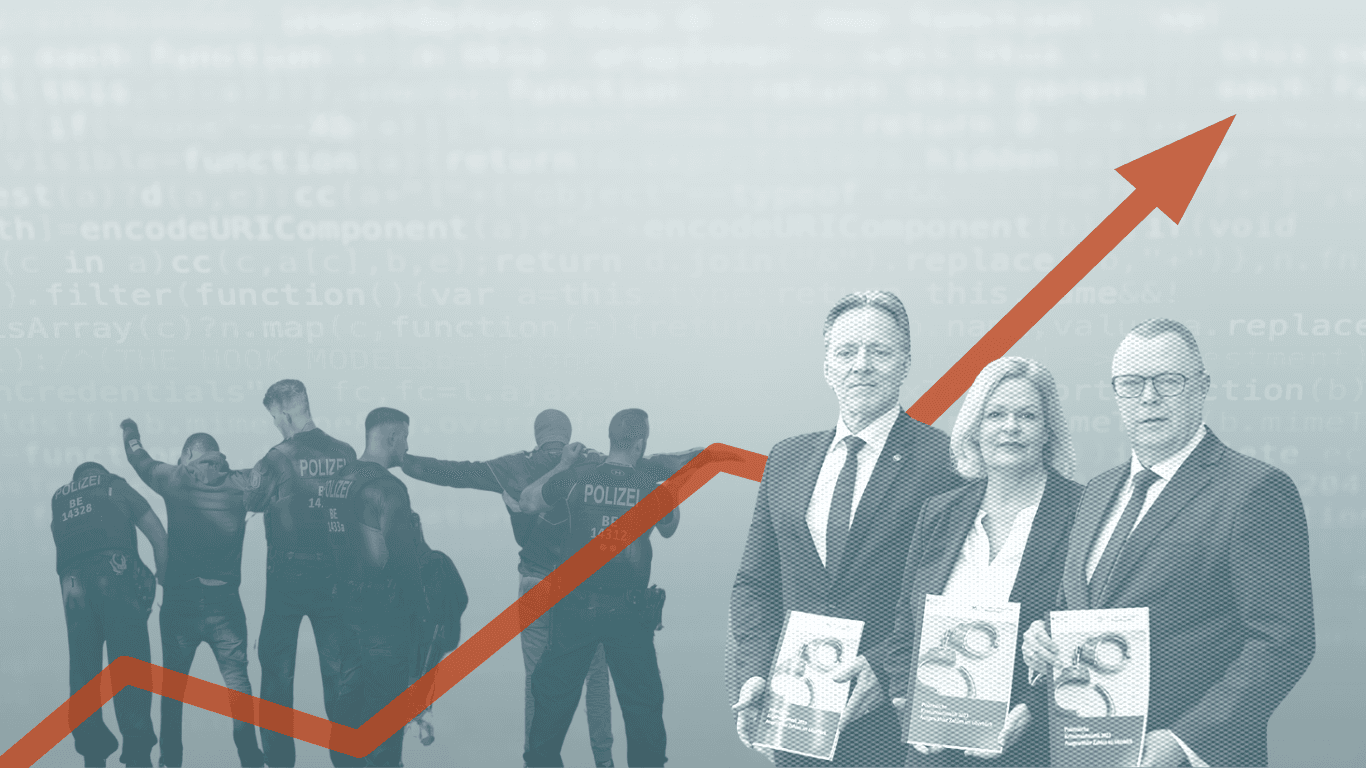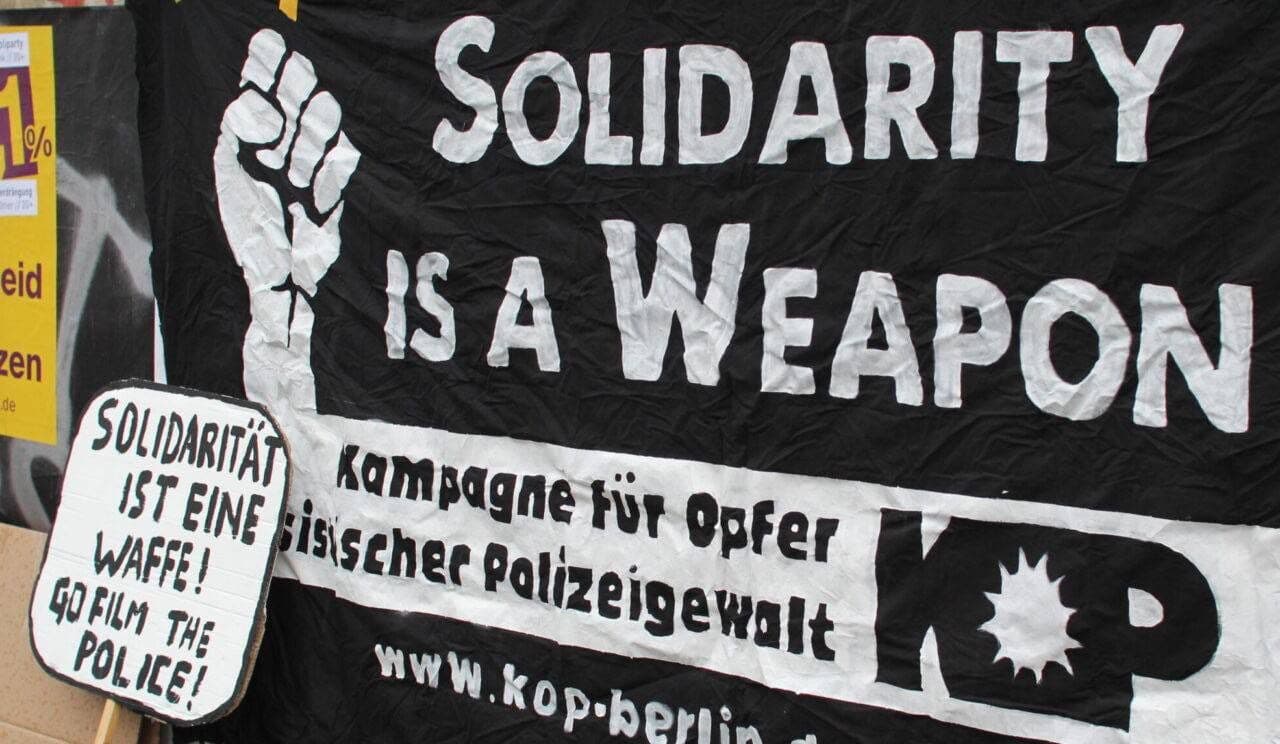Case 13
| Case Number | 13 |
| Charge | Traffic Offense |
| Defense Attorney Present | Yes |
| Interpreter Present | No |
| Racialized Person | Yes |
| Outcome | Other Outcomes |
A man appeals a fine that was imposed on him because two police officers claim to have seen him holding a phone in his hand while driving. The officers have no recollection of the specific event, but the judge affirms the fine based on their statements. The defendant faces additional costs of around €300 as a result of the appeal to the fine on top of the €100 fine.
This case offers several insights into the logic of policing. First, the police officers’ testimonies show how circular reasoning supports the practice of subjecting migrantized areas to increased police checks: More traffic checks bring more violations to light, which in turn must be responded to with more checks. (Criminologists in Germany refer to this as the Lüchow-Dannenberg syndrome.)
Second, the case brings to light questionable attitudes among police towards the rule of law. Instead of recognizing the appeals process as a fundamental aspect of legal procedure, the officers suggest that these would destroy laborious police work if police witnesses no longer remember specific incidents and proceedings were discontinued as a result. This perspective is reflected in the frustration of one police witness, who repeatedly emphasizes the difficulty of recalling individual cases and suggests that the demands of court testimony might pressure police witnesses to testify as if they remember specific events—even when they do not—in order to ensure the “success” of their investigations. Ultimately, the police witnesses’ comment shows that he does not stand behind the values and principles of a system he is tasked with enforcing. The fact that the judge considers the “honesty” of the police witnesses to be worth mentioning also indicates that such honesty cannot simply be assumed regarding police testimonies.
A young man, who is represented by a lawyer, appeals a €100 traffic fine. Two police officers appear as witnesses, claiming to have observed the man use his telephone while driving. Both witnesses describe that the police often carry out traffic checks in this particular area because they frequently detect traffic violations there (so-called “cime hotspot” or kriminalitätsbelasteter Ort). The first police witness reports in detail how they were able to observe that the young man was holding the phone at chest height while he was driving. Yet, he goes on to explain that he cannot really remember the incident, to which the judge responds that these are contradictory statements. The lawyer asks whether it was just a single tap on the phone, which the witness confirms. He adds that he saw mouth movements, which means that a voice message was probably recorded. The second police witness also states that he cannot remember everything, since the incident occurred over a year ago and they carry out checks very regularly. Nevertheless, he also gives a detailed description of what allegedly happened. It seems likely that the two police officers are not just relying on their memories, but have re-read their police report before the hearing. The defense attorney tries to reveal this by asking various questions in order to question the credibility of their statements.
Nonetheless, the judge explains that this is sufficient for her to establish a violation of the traffic regulations. She thanks the police witnesses for their honesty about the fact that they cannot remember the exact incident. After hearing the witness statements, she considers the matter to be proven and does not agree to a reduction of the fine. The lawyer withdraws the appeal and the hearing is over. He later explains to the courtwatchers that the defendant will have to pay over €300 (in court and administrative fees, attorney’s fees and witness compensation) in addition to the €100 fine due to the rejected appeal.
After the trial, one police witness asks the judge how it can be ensured that their work is “successful” if anyone can just appeal it afterwards and take the case to court. He expresses frustration and raises the question of how he and his colleagues can shape their statements to make sure defendants will be punished. He also asks repeatedly how police officers can be expected to remember the exact incident when they happened so long ago and traffic checks are carried out every week. He suggests that this would encourage them to lie. The judge says she understands the frustration but that police need to be honest. She explains that she wants to make sure that the police witnesses remember the specific incident and not just repeat what is in the police report, although this may be sufficient for other colleagues.


